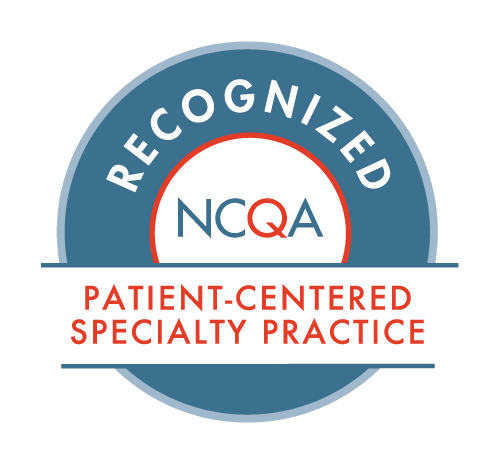10 Tips to Keep Your Heart Healthy During American Heart Month
- Posted on: Feb 15 2022
February is American Heart Month — a health holiday devoted to increasing awareness of heart disease. According to the American Heart Association (AHA), an American has a heart attack every 39 seconds, and heart disease is the leading cause of death in the U.S. for both men and women.
It can be scary to consider your risk of developing heart disease or challenging to manage a current heart condition such as high blood pressure (hypertension). But, there is a lot you can do to take control of your heart health.
Here are ten ways to keep your heart healthy during American Heart Month and to build better habits for the year ahead.
1. Move Your Body
The heart exercises just like your other muscles when you move your body. Exercise can help keep your heart in prime condition, reducing the amount of force (blood pressure) needed to pump blood throughout your body when resting. Experts recommend 150 minutes of moderate physical activity or 75 minutes of vigorous exercise weekly.
2. Interrupt Your Sitting
Beyond structured physical activity, it’s important to keep it moving throughout the day, as well. If you do sit for a good portion of the day, make sure to stand up and stretch periodically. This can help improve your blood circulation and reduce your risk of blood clots.
3. Keep Your Weight in Check
Maintaining a healthy body weight is about more than just physical appearance. Staying on top of your weight with a focused diet and exercise plan can also benefit your heart by reducing your blood pressure.
4. Stop Smoking
One of the best things you can do for your heart health is to quit smoking. Smoking is highly connected with heart attack risk, but you can drastically reduce your chances of developing heart disease when you quit smoking. In fact, experts note that quitting smoking can cut your risk of a heart attack in half after only two years.
5. Snack on Nuts and Seeds
This February, challenge yourself to eat more heart-healthy foods instead of processed snack foods. Trade pretzels for nuts, and swap chips for seeds. These foods will keep you fuller longer and nourish your heart all at the same time.
6. Spend Time in Nature
Researchers have found that being exposed to nature can positively impact your heart. A 2018 study from the Journal of the American Heart Association found that people exposed to more green vegetation have lower levels of the “fight or flight” response, less stress, and a greater ability to generate new blood vessels.
7. Get Better Sleep
It’s important to get yourself to bed on time for many reasons, including your heart health. The US Centers for Disease Control and Prevention (CDC), notes that 1 in 3 Americans don’t get enough sleep — at least 7 hours a night. When you’re sleep-deprived, you’re more likely to develop medical conditions that lead to heart diseases, such as high blood pressure, obesity, and Type 2 diabetes.
8. Reach Out to Friends
Reach out to friends and family this February. Staying socially engaged and doing things that make your heart “feel happy” can actually make your heart healthier. Researchers have found that low social engagement is a risk factor for cardiovascular disease in people younger than age 50.
9. Curb Your Drinking
More and more, researchers are finding that there is no “safe” amount of alcohol for the heart. Alcohol can increase your risk of stroke, hypertension, heart failure, and heart rhythm problems, among other consequences.
10. Get Regular Check-ups
One of the best things you can do for your heart health is to partner with a medical professional for routine check-ins and monitoring. It’s important to know if your blood pressure is going up or if your cholesterol numbers need to improve. Knowing your numbers allows you to take control of your heart health.
At Hunterdon Cardiovascular Associates, we’re committed to providing the highest quality of care and supporting our patients on their journeys to better heart health. Our patient-centered team of physicians includes Board Certified cardiologists and Fellows of the American College of Cardiology. To take control of your health during American Heart Month, please contact us to make an appointment with one of our dedicated HCA cardiologists.
Posted in: Uncategorized



